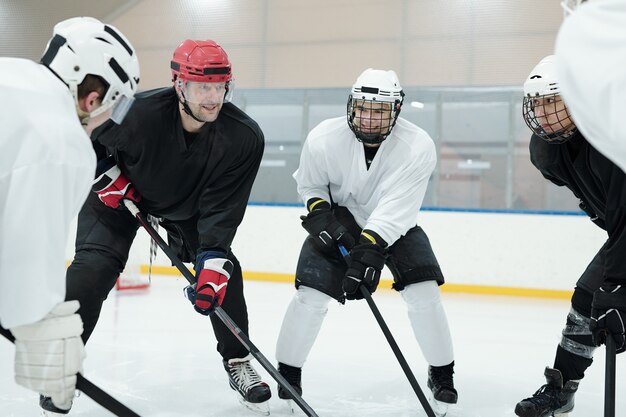Improving your hockey skills off the ice is just as crucial as on-ice training. Here are some training tips to help you enhance your skills and performance even when you’re not on the rink:
1. Strengthen Your Core:
- A strong core is essential for stability, balance, and power in hockey. Incorporate core exercises such as planks, Russian twists, and leg raises into your workout routine to build a solid foundation.
2. Work on Your Cardiovascular Fitness:
- Hockey is a fast-paced, high-intensity sport that requires excellent cardiovascular endurance. Engage in activities like running, cycling, or swimming to improve your cardiovascular fitness and stamina.
3. Enhance Your Stickhandling Skills:
- Practice stickhandling drills at home using a stickhandling ball or puck and a smooth surface like a driveway or basement floor. Focus on controlling the puck with quick, precise movements and varying speeds.
4. Improve Your Shooting Accuracy:
- Set up a shooting target or use a net to practice your shooting accuracy. Work on different types of shots, including wrist shots, slap shots, and snap shots, aiming for specific areas of the net.
5. Develop Your Passing Skills:
- Practice passing drills with a friend or against a wall to improve your passing accuracy and technique. Focus on delivering crisp, tape-to-tape passes with both your forehand and backhand.
6. Increase Your Agility and Footwork:
- Incorporate agility ladder drills, cone drills, and plyometric exercises into your training regimen to improve your foot speed, agility, and coordination on the ice.
7. Watch and Analyze Game Footage:
- Study game footage of professional hockey players to learn from their techniques, strategies, and decision-making on the ice. Pay attention to positioning, puck movement, and defensive tactics.
8. Visualize Success:
- Use visualization techniques to mentally rehearse game situations, plays, and scenarios. Visualizing success can help enhance your confidence, focus, and performance on the ice.
9. Maintain Proper Nutrition and Hydration:
- Fuel your body with nutritious foods and stay hydrated to support your training and recovery. Opt for a balanced diet rich in lean proteins, complex carbohydrates, fruits, vegetables, and plenty of water.
10. Rest and Recovery:
- Give your body adequate time to rest and recover between training sessions to prevent overuse injuries and promote muscle repair and growth. Incorporate stretching, foam rolling, and other recovery techniques into your routine.
By incorporating these off-ice training tips into your hockey regimen, you can enhance your skills, improve your performance, and take your game to the next level. Remember to stay disciplined, consistent, and dedicated in your training efforts, and you’ll see results both on and off the ice.



